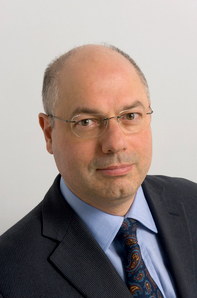This programme, funded by a £3m grant from the Engineering and Physical Sciences Research Council, will establish a vibrant and cross-disciplinary community of researchers in quantum computing and computer science, who will collaborate to address the global challenge of delivering quantum computing that is robust, reliable, and trustworthy. With substantial recent progress internationally in building ever larger quantum computers, verifying that they do indeed perform the tasks they were designed for has become a central unsolved problem in the field.
From complex software articulated in high-level languages down to the silicon chips made in foundries, 60 years of computer science and engineering has defined and refined a tower of abstractions that constitute the solid foundations of today’s classical computer systems. Challenges to reliability and correctness have been faced—and overcome—at many levels in the stack, and there is a wealth of insight and expertise in the diverse community of computer science researchers who work across it. Verification and testing are done at each level, with clearly defined protocols and acceptance criteria. Decades of classical computing systems research has worked out the architectures, languages and translations that bring it all together to make reliable digital systems.
Achieving reliable quantum computation faces unique challenges—not least the fragility of quantum systems due to their interactions with their environment and the fact that the state of the system during a computation cannot be measured to confirm its correctness. The very feature that makes quantum computation powerful, the exponential size of the space of states in the number of qubits, makes it hard to emulate and hence assess behaviour.
This programme will bring quantum computation research into close contact with the scientific tools, methods and (especially) mindsets of the computer science research community—across a broad spread of the key classical computing stacks. Together, they will define the beginnings of a general framework and advance specific solutions for robust and reliable quantum computation, at key layers across the principal quantum computing stacks needed to achieve trustworthy quantum computing systems.
Over the first year, the programme directors will invite engagement from across the UK’s scientific community to co-create a portfolio of funded, cross-disciplinary projects that address this ambitious goal. A series of scoping workshops will be convened to propose and discuss technical directions and to facilitate the formation of project investigator teams. Projects selected for funding will commence from April 2023.
Tom Melham, Professor of Computer Science, University of Oxford
“This innovative programme, funded by the EPSRC, will create an entirely new scientific community in the UK aimed at making trustworthy quantum computing a reality. Our ambition is to seed innovation in the design of reliable quantum computing systems as far reaching as the revolution in VLSI chip design of the late 1970s and 1980s.”
Simon Benjamin, Professor of Quantum Technologies, University of Oxford
“It’s an incredibly exciting time for quantum computing, when we need people to come together from diverse backgrounds so that these machines achieve their potential as enabling tools for everyone—not just people with doctorates in quantum physics! This project is an important step in making that happen.”
Dan Browne, Professor of Physics, University College London
“I’m excited to be taking part in such an innovative research programme. Quantum computing can learn a huge amount from the know-how in the established computer science community. I am looking forward to sharing ideas with this community and building new collaborations.”
Paul Kelly, Professor of Software Technology, Imperial College London
“This is an unusual and exciting opportunity to reach out to, establish, expand and seed the network of UK computer systems and software researchers to exploit the capabilities of quantum computing—and to bridge the gap to deliver quantum-accelerated applications to realise new computational capability across diverse application domains.”
Noah Linden, Professor of Theoretical Physics, University of Bristol
“At its most ambitious, our programme—with its focus on reliability and robustness—could lead to a completely new view of the quantum computing stack, with implications for hardware and software at every level.”
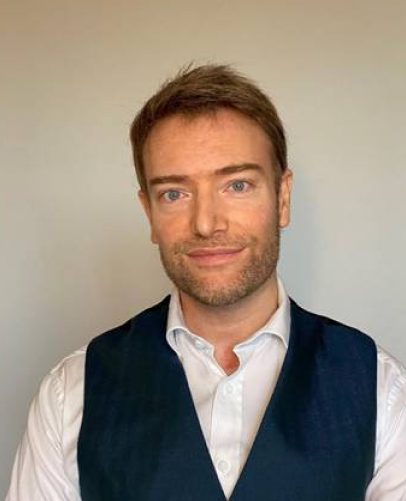
Simon Benjamin
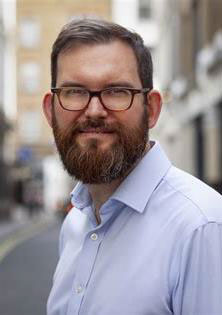
Dan Browne
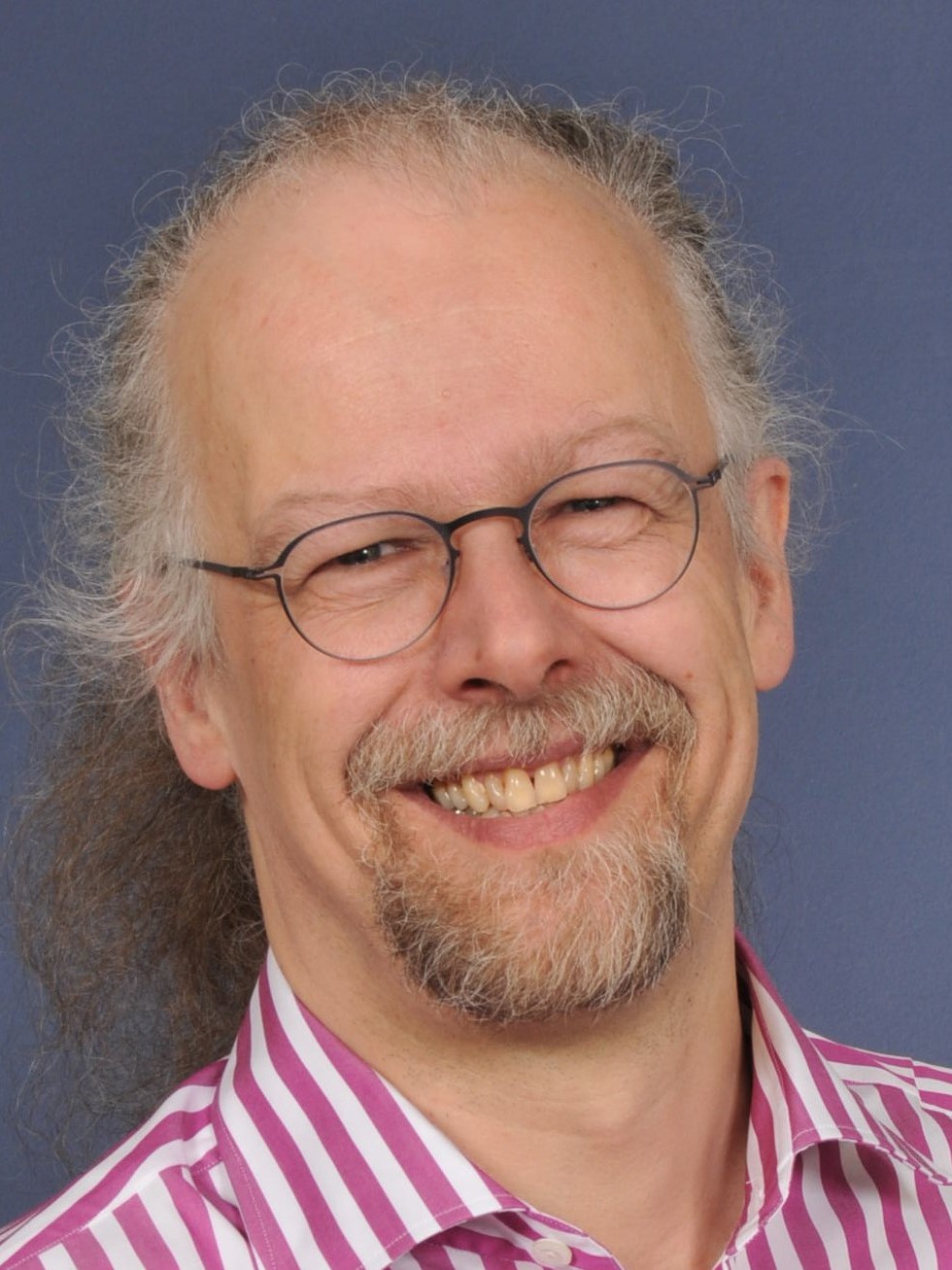
Paul Kelly
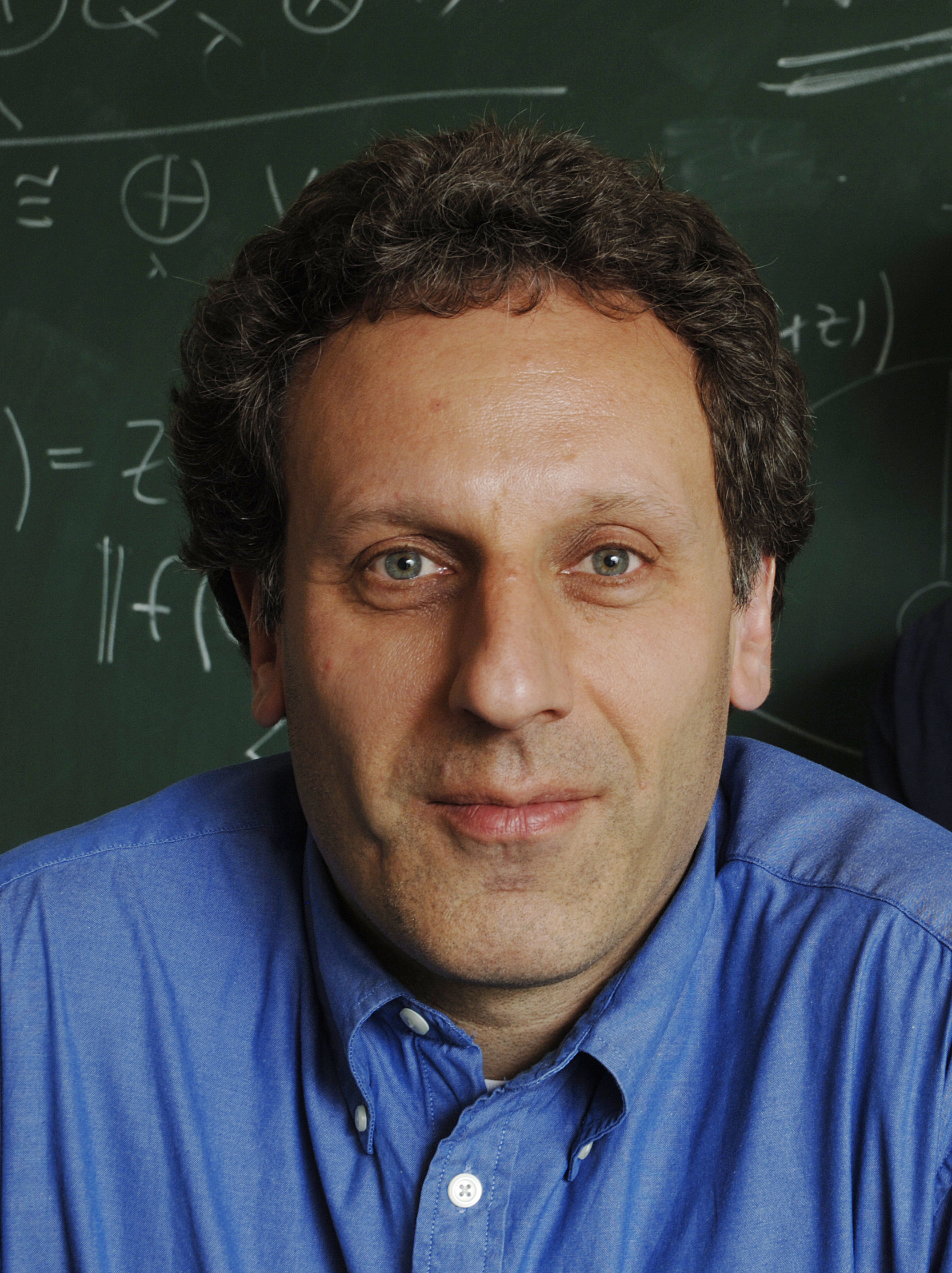
Noah Linden
